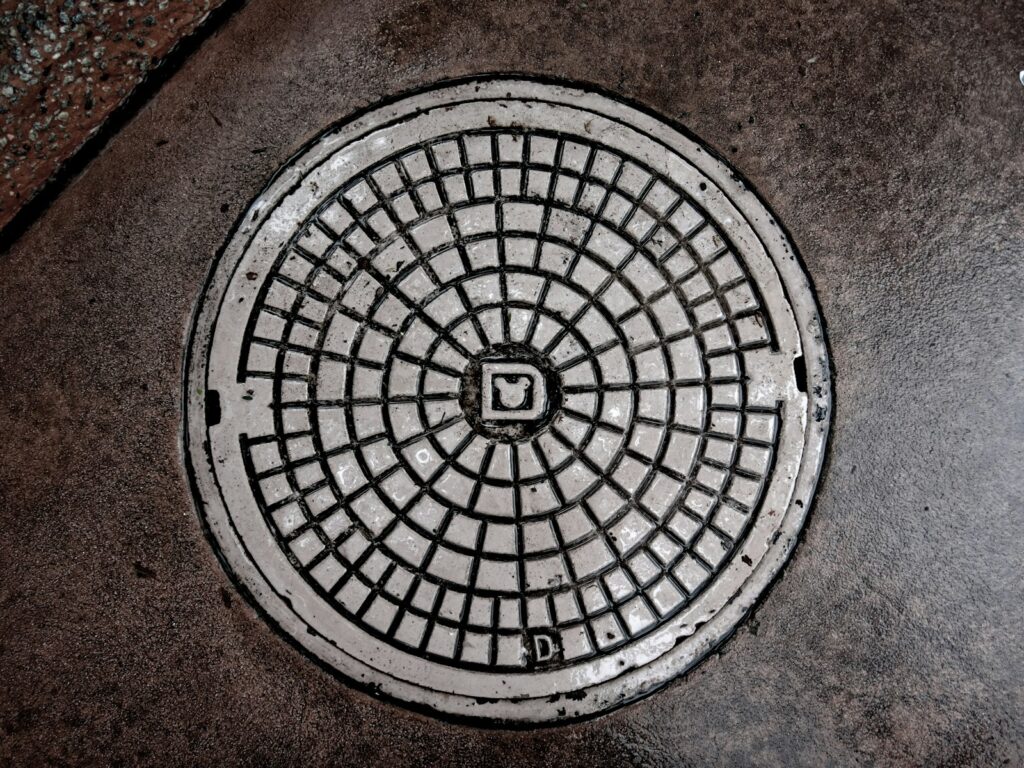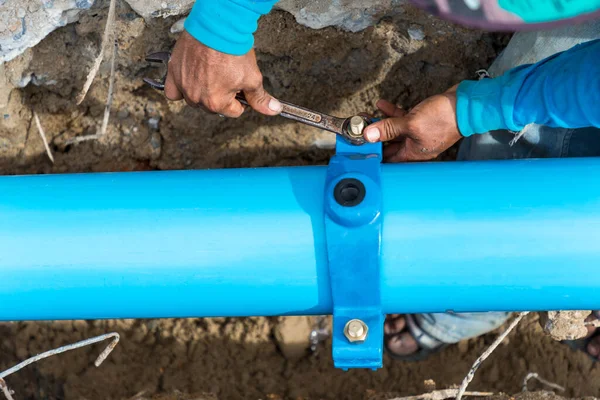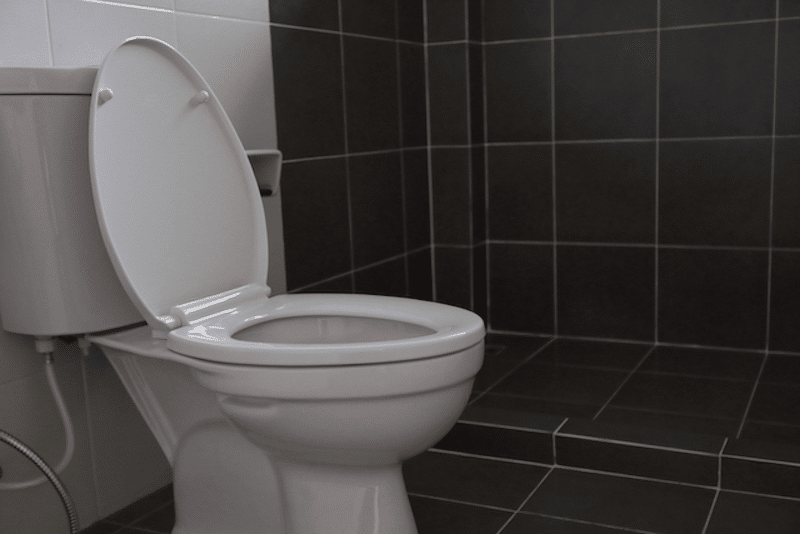The term “sewer gas” might not ring alarm bells for many homeowners, but it’s a hidden danger lurking beneath the surface—sometimes literally. From a clogged drain to faulty plumbing, exposure to sewer gas presents serious health risks you might not even realize are happening. For example, can sewer gas kill you in your sleep? The answer is chilling—yes, under certain conditions, sewer gas can pose a life-threatening risk.
Understanding the dangers of sewer gas, its potential effects, and the ways to prevent it can help keep your home and loved ones safe. This guide will explore the toxic components of sewer gas, its health effects, and practical steps for detecting and fixing sewer gas leaks before they escalate.
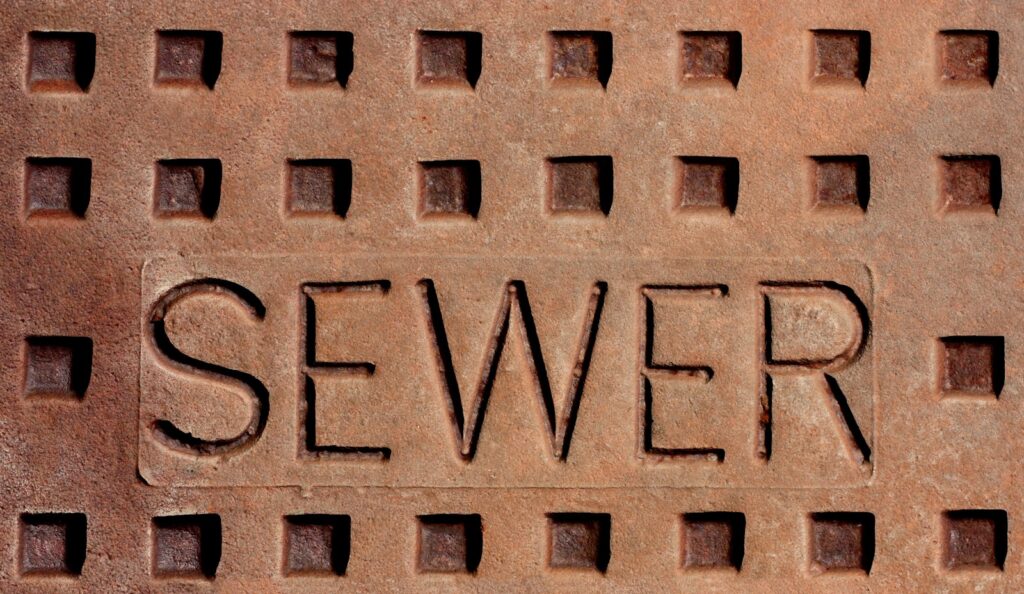
Schedule Service Online
Get a free estimate so you know what you're signing up for
"*" indicates required fields
For Emergency Services Call: 410-255-9300
What is Sewer Gas?
Sewer gas is a mixture of gases that is produced by the decomposition of organic waste in sewer systems and plumbing. The primary components of sewer gas include methane, carbon dioxide, and hydrogen sulfide, along with trace amounts of ammonia and other compounds. These gases are naturally generated as waste materials break down in anaerobic (oxygen-free) environments, such as septic tanks and sewer lines.
Sewer gas enters homes or buildings through plumbing fixtures when there are leaks, dry traps, or issues with the venting system. For instance, a dry P-trap under a sink or floor drain can allow the gases to flow back into indoor spaces since the water barrier that normally blocks the gas has evaporated. Poorly sealed pipes, cracked sewer lines, or blocked vents can also contribute to gas infiltration. Understanding these sources is crucial for diagnosing and addressing sewer gas problems effectively.
Is Sewer Gas Dangerous?
Sewer gas can be harmful, especially in high concentrations or with prolonged exposure. The potential dangers depend on the specific gases present, their concentration, and the duration of exposure. Hydrogen sulfide, for example, can cause irritation of the eyes, nose, and throat at low levels, while higher concentrations may lead to dizziness, headaches, nausea, or even loss of consciousness. Methane, although not toxic, poses a significant risk as it is highly flammable and can cause explosions if it accumulates. Long-term exposure to sewer gas may also lead to more serious health concerns, including respiratory issues. Therefore, it’s crucial to address sewer gas leaks promptly to minimize any potential threats to your health and well-being.
So, Can Sewer Gas Really Kill You?
Yes, under certain conditions. High concentrations of sewer gas, especially in enclosed spaces with poor ventilation, can displace oxygen, leading to suffocation. Hydrogen sulfide and methane, both common in sewer gas, are the usual culprits in these dangerous scenarios. Prolonged exposure to sewer gas, even at lower levels, can have detrimental effects on your respiratory system, central nervous system, and overall health.
How Does Sewer Gas Become Life-Threatening?
- High Concentrations: Toxic gases in sewer gas, such as hydrogen sulfide, can accumulate in poorly ventilated areas. Even a sump pump or faulty air vents could allow a buildup of these gases.
- Oxygen Displacement: Methane gas can displace oxygen, leading to difficulty breathing or suffocation.
- Chronic Exposure: Prolonged exposure to sewer gas can result in various symptoms, ranging from mild symptoms like headaches to serious respiratory problems and poor memory.
- Ignition Hazard: Methane is highly flammable and may pose an explosion risk at high levels.
Common Sources and Signs of Sewer Gas Exposure
Where Sewer Gas Comes From
Sewer gas leaks can originate from several locations within your home, including:
- Dry Plumbing Traps: A trap without enough water creates a dry trap, allowing sewer gases to escape.
- Clogged Drains: Organic matter in clogged drains can emit a strong odor, signaling the presence of sewer gases.
- Faulty Plumbing Systems: Improperly installed or damaged pipes can result in gas leakage.
- Septic Tanks or Sewage Backup: Issues with your septic tank or sewage backup can lead to toxic gases seeping into living areas.
Signs and Symptoms of Sewer Gas Exposure
Recognizing the signs and symptoms of sewer gas exposure is essential for ensuring timely action to protect your health. Common indicators of exposure include a persistent rotten egg smell, which is often attributed to hydrogen sulfide, one of the primary components of sewer gas. Physical symptoms such as headaches, dizziness, and nausea are frequently reported, particularly with prolonged exposure. Respiratory irritation, including coughing or difficulty breathing, may also occur as a result of inhaling toxic components in the gas. Eye irritation and a sore throat are additional signs that sewer gas may be present. In severe cases or when high concentrations are involved, individuals may experience extreme fatigue, confusion, or even a loss of consciousness. It is important to remain vigilant for these symptoms, especially if they worsen while indoors, and seek professional assistance to identify and mitigate the source of the gas.
- Mild Symptoms: Headaches, nausea, eye irritation, and a noticeable smell of sewer gas.
- Respiratory Problems: Difficulty breathing or coughing due to effects on the respiratory system.
- Chronic Exposure Symptoms: Poor memory, fatigue, and confusion resulting from toxic gas accumulation.
- High Levels: Severe consequences like loss of consciousness or even death due to oxygen displacement.
If you or anyone in your home is experiencing these symptoms, particularly difficulty breathing or exposure to a strong rotten eggs odor, seek medical help immediately.
How to Prevent Sewer Gases from Entering Your Home
The best way to protect your household from sewer gas exposure is proper maintenance, ventilation, and prompt fixes to faults in your plumbing system. Here are some practical tips:
Ensure Proper Ventilation
Keep your home well-ventilated to avoid gas buildup. Open windows and use fans to promote airflow, especially in areas like basements where sewer lines may be present.
Check and Maintain Plumbing Traps
- Regularly fill floor drains with water to maintain their water barrier.
- Repair dry plumbing traps promptly to block sewer gases.
Fix Clogged Drains Immediately
Clear clogged drains to prevent the buildup of organic matter that emits sewer gas. Contact a professional plumber for severe blockages.
Inspect Plumbing Systems
- Assess vent pipes and sump pumps for damage or improper installation.
- Ensure all pipes are tightly fitted to prevent leaks.
Monitor Your Septic Tank
Regular septic tank maintenance is crucial in preventing gas leakage. Watch for signs of a sewage backup, which could lead to toxic fumes in your home.
Use Carbon Dioxide and Gas Detectors
Install gas detectors in your home to monitor levels of methane and hydrogen sulfide for early detection of sewer gas leaks.
What to Do If You Suspect Sewer Gas Leakage
Detect the Problem
- Pay attention to strong, unpleasant odors like rotten eggs, which might indicate hydrogen sulfide gas.
- Look for visible signs, like sewage backups or pipe damage.
Improve Immediate Ventilation
- Open windows and doors to allow fresh air to enter and dissipate any accumulated gases.
Evacuate and Seek Help
- If the odor persists or symptoms worsen, evacuate your home and contact a professional plumber or emergency services. Remember to seek medical attention if you’re experiencing symptoms.
Top Carbon Dioxide and Gas Detectors
Investing in a reliable gas detector is crucial for ensuring your safety and peace of mind. Below is a list of six top-rated carbon dioxide and gas detectors, along with links to their respective product websites for more information and purchase options.
Kidde Nighthawk Plug-In Carbon Monoxide and Explosive Gas Detector
This versatile detector is easy to use and plugs directly into any standard AC outlet. It provides reliable detection of carbon monoxide and explosive gases.
FIRST ALERT CO400 Carbon Monoxide Detector
Featuring a simple battery-powered design, this detector is excellent for detecting carbon monoxide in homes or small spaces. It provides accurate alerts and a long battery life.
Awair Element Indoor Air Quality Monitor
The Awair monitor not only detects carbon dioxide but also provides indoor air quality insights related to temperature, humidity, and VOCs (volatile organic compounds).
Forensics Detector FD-600
A professional-grade handheld gas detector with high sensitivity for detecting carbon dioxide levels, it is ideal for industrial and commercial use.
EG Air Propane and Natural Gas Detector
Designed specifically for detecting propane and methane leaks, this detector provides real-time readings and a digital interface for ease of use.
Nest Protect Smoke and Carbon Monoxide Alarm
Combining smoke and carbon monoxide detection, this smart device connects to your home’s Wi-Fi and sends alerts directly to your smartphone. It’s an excellent choice for a smart home setup.
Utilizing one of these high-quality detectors can significantly reduce the risks associated with gas exposure in your environment. Always ensure proper installation and maintenance for optimal performance.
Why Proper Ventilation and Plumbing Maintenance Matter
Given the health risks associated with sewer gas poisoning, maintaining your home’s plumbing system and ensuring proper ventilation are crucial for your safety. These measures not only keep toxic gases out but also improve air quality in your home.
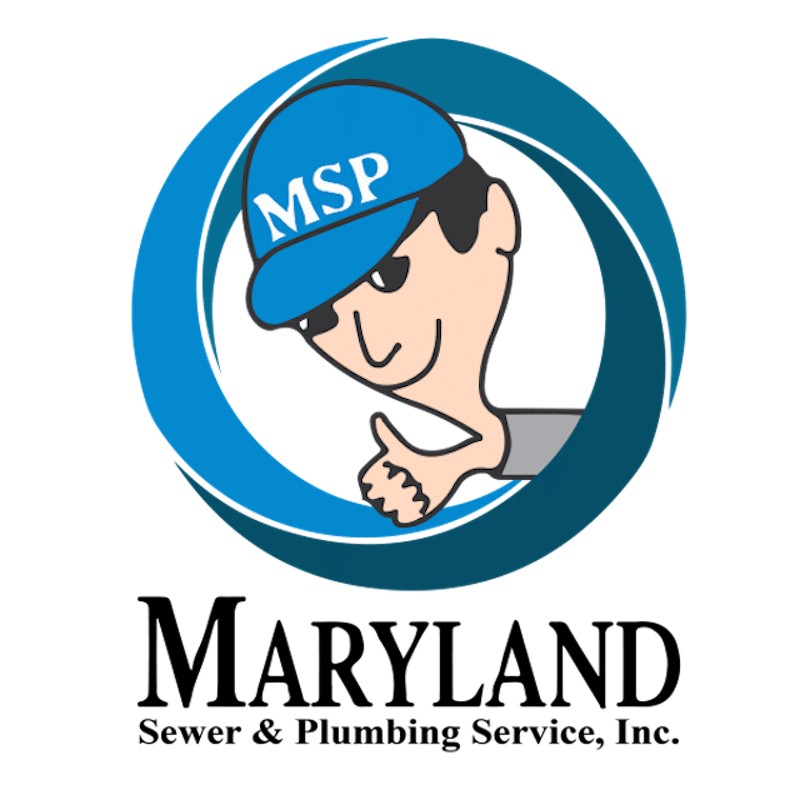
MD Sewer and Plumbing will make sure your home stays sewer gas free. Contact us today!
Take Control of Your Home’s Safety | Can Sewer Gas Kill You in Your Sleep?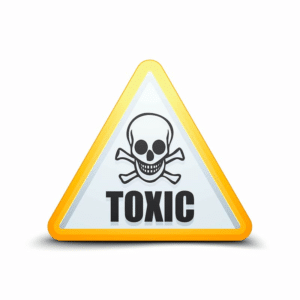
Sewer gas, while often overlooked, can have a significant impact on your health and safety. Whether it’s a dry trap, a clogged drain, or inadequate ventilation, addressing these issues promptly is non-negotiable. If you suspect a sewer gas leak, don’t take chances—act immediately to safeguard your family and your home.
Professional help is often the best solution for sewer gas leaks. Contact a licensed plumber at the first sign of a problem or perform routine inspections to catch issues early. Your peace of mind and safety are worth it.

